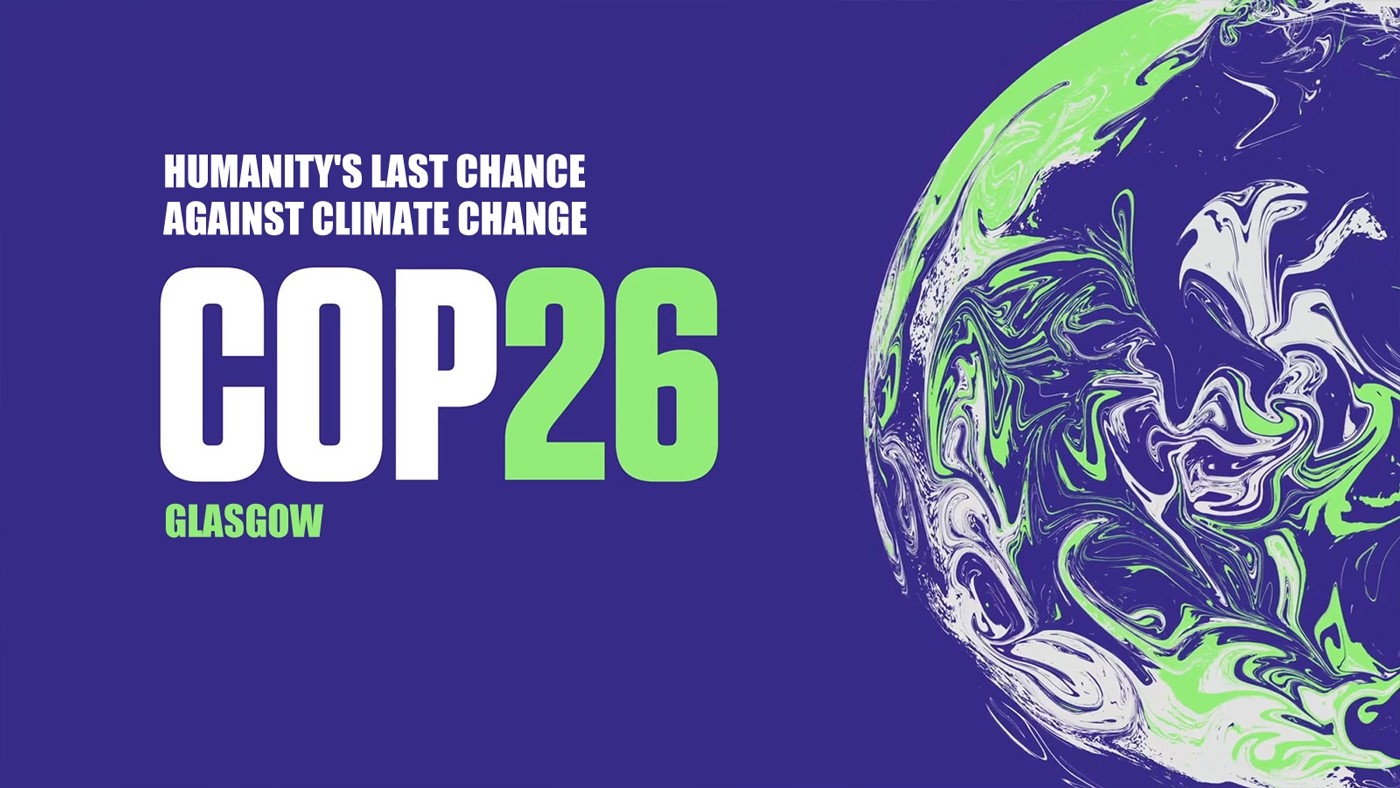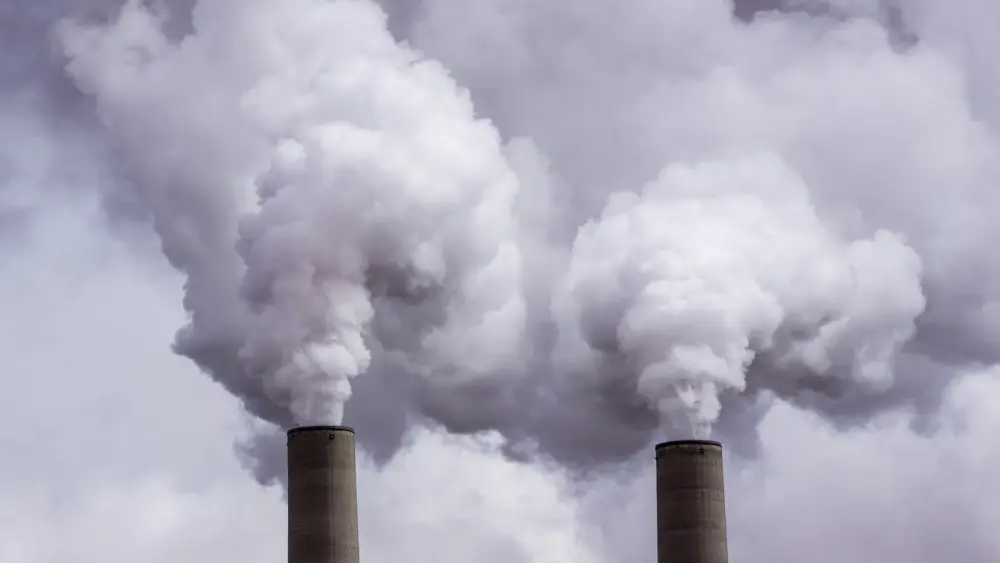COP26 So Far: Critical Climate Conference Turns Unpromising
The global climate talks have opened and good omens seem hard to be found anywhere as countries unfold their unsatisfactory climate pledges, especially India
After a lackluster commitment to climate action coming from the weekend G20 Summit in Rome, the hopes to make any promising progress at the Glasgow COP26 summit have diminished. Furthermore, as the countries presented their pledges, the disappointing targets from the likes of India have even dampened the spirits.
The failed conversations of the G20 summit will profoundly impact the proceedings of the COP26. Delegates attending the summit, including UK Prime Minister Boris Johnson, are already wondering what can be accomplished in the next two weeks that couldn’t be conveyed and achieved over the last year of climate negotiation.
Indian Prime Minister Narendra Modi, as it seemed, is only attending the climate conference for the sake of attending. India makes a pledge to achieve the net-zero target for the first time, missing the key goal of COP26 summit – requiring countries to commit to reach the target by 2050 – by two decades.

India makes a dismal pledge to achieve the net-zero target by 2050 – missing the global goal of reaching that target by 2050 by two decades
Mr. Modi made the pledge as one of five commitments from the country, which include a vow for India to get 50 percent of its energy from renewable sources by 2030, reduce total projected carbon emissions by one billion tonnes by 2030 and increase the renewable energy capacity to 500 GW. While many experts have praised and labeled these commitments as a bold move, the Indian government has been condemned by many for making a poor effort to combat the climate crisis, which could potentially create catastrophic disasters in coming years.
India is the world’s 3rd biggest carbon emitter after China and the US. Although the huge population means its emissions per capita are lower than other major economies, the country’s coal-dependent economy will likely be its doom.
The global leaders have pledged to achieve the net-zero emission target by 2050, which is what scientists say is necessary to avert the apocalyptic consequences of the changing climate. But even by that time, it’d be too late to protect many regions from absolute decimation.
By that fact, India is way too late to commit to a carbon neutral economy. With its constantly growing population and an economy heavily relying on coal and oil, its emissions are set on a steep upward trajectory unless strict and urgent action is taken – but the current scenario spells doom in bold letters.

India is one of the most vulnerable countries to climate change and the nation’s lackluster attitude towards the phenomenon can result in catastrophic events | Image: James Kelley/EPA
Moreover, India is among the countries that has opted not to sign up to a Leader’s Declaration on ending deforestation by 2030 at the summit, which has been signed by over 100 countries, even by China and Brazil.
Meanwhile, protesting in Glasgow, young climate activist Greta Thunberg said that the politicians at the climate conference are “pretending to take our future seriously” and that the summit will reap nothing but mere talks. She has often condemned the world leaders for not taking the required action against the climate emergency.
While many wondered what trajectory the talks will take once the summit began, Boris Johnson hoped it to be a “turning point” and Greta Thunberg termed it to be “blah blah blah” event. Two days in and it seems like Ms. Thunberg had a point given the unacceptable and inadequate commitments from many nations.


